
Page Fortna’s post earlier this week is an excellent analysis of the prospects for peacekeepers in Colombia. Today I’m going to take another stab at it and try to answer some of the questions she raises.
Page situates the case of Colombia nicely with a discussion of Colombia’s potentially unfavorable pre-conditions for an agreement that will stick on its own. I wonder if conditions could perhaps be better than they seem. First, the Colombian government has recently been putting pressure on drug traffickers and has captured the leaders of some criminal bands (BACRIM). With the State Consolidation program, they are also trying to boost the state’s presence in historically neglected regions. Second, although the death toll is high over the long life of conflict (i.e., with deaths spread out over 48 years), the death toll rate in recent years appears to be relatively low (although as Page notes, there is no ceasefire in the works).
Despite Page’s solid cross-national findings on PKs, there are perhaps several reasons why her enthusiasm for foreign PKs got “skeptical” looks in Bogotá:
- As she notes, Colombia has a decently functioning government, so PKs could raise issues of sovereignty (or simply be less needed, at least from a state capacity point of view).
- While the FARC controls some territories, it doesn’t have clear control in many places and the rebels are hidden and dispersed among many fronts. Furthermore, it sounds like any peace agreement that is reached will call for the demobilization of insurgent forces, and not leave them intact and in control of territory. So, it raises the questions of who would the PKs fight or prevent from being spoilers? Would there be enough PKs to cover vast and rough terrain, and would their presence make a difference? Would they engage with drug traffickers or criminal bands as well?
- In a Facebook thread, my colleagues and fellow Colombianists Abbey Steele and Mike Weintraub noted that PKs were considered by some politicians and intellectuals to deal with political violence in the 1990s but were tabled.
Page raises the notion that agreeing to PKs can be beneficial as a costly signal of commitment (rather than PKs simply being important for what they actually do on the ground). I wonder if there are other kinds of costly commitments that can be made? I could see certain related alternatives for Colombia:
- I could see a model where international actors play behind-the-scenes roles in supporting Colombian public forces as they try to improve security. In the past Colombia has allowed international election monitors and has had extensive international involvement in aid programs. While international PKs would certainly be more impartial, the government may be more inclined to provide guarantees on its own but with international support and verification.
- In terms of providing security guarantees to individuals, perhaps the largest problem has been protecting demobilized fighters and members of the political opposition. So instead of (or in addition to) a full peacekeeping force, the government and/ or international actors need to provide guarantees for safe political participation, especially for the “legitimate” Left. This will help prevent a repeat of the massacres of Patriotic Union party politicians during the 1990s. Recent news coverage indicates the government is considering proposals to ensure this kind of protection. International actors could play a role in ensuring the government abides by any commitments it makes.
It will be interesting to see what kind of agreement emerges and whether or not Colombia ends up being an outlier case when it comes to PKOs!

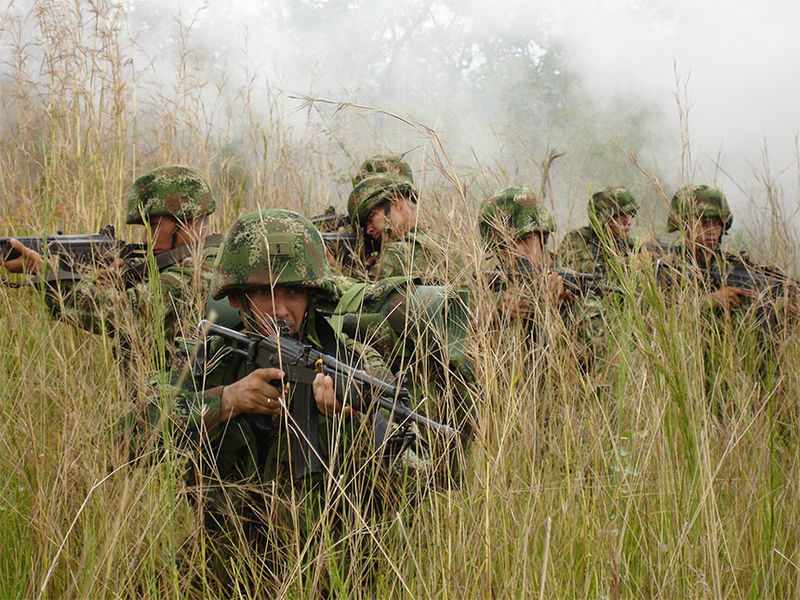

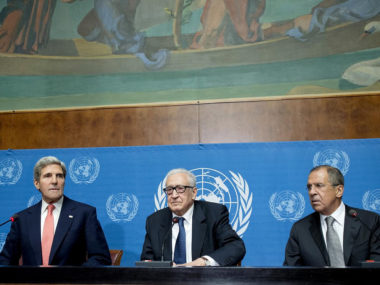
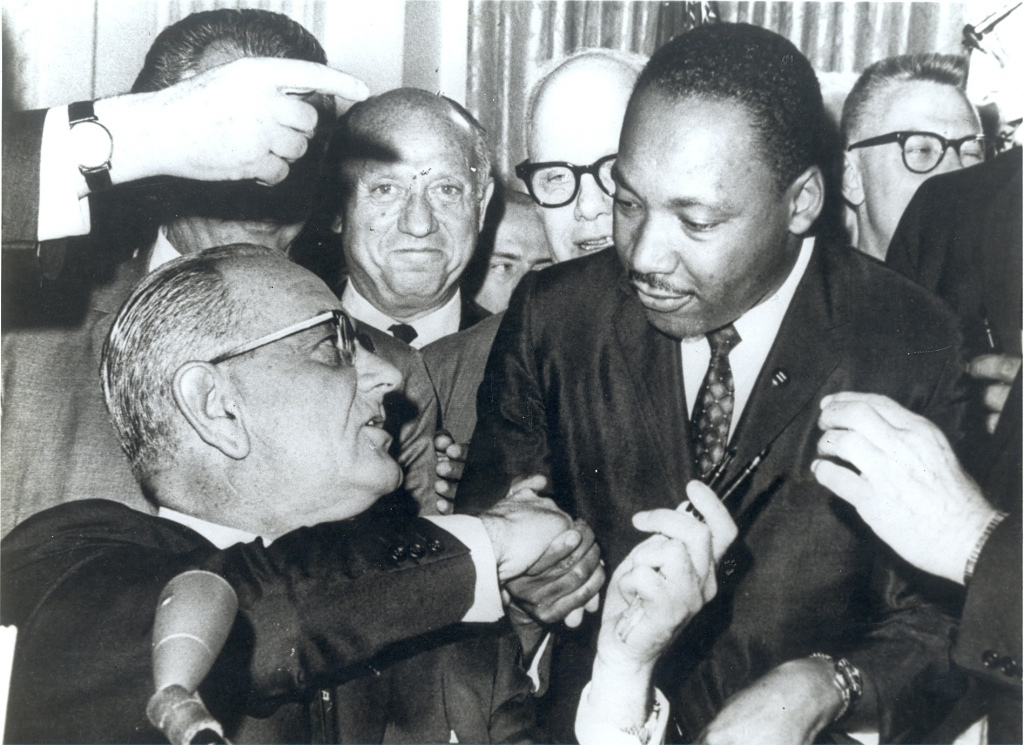
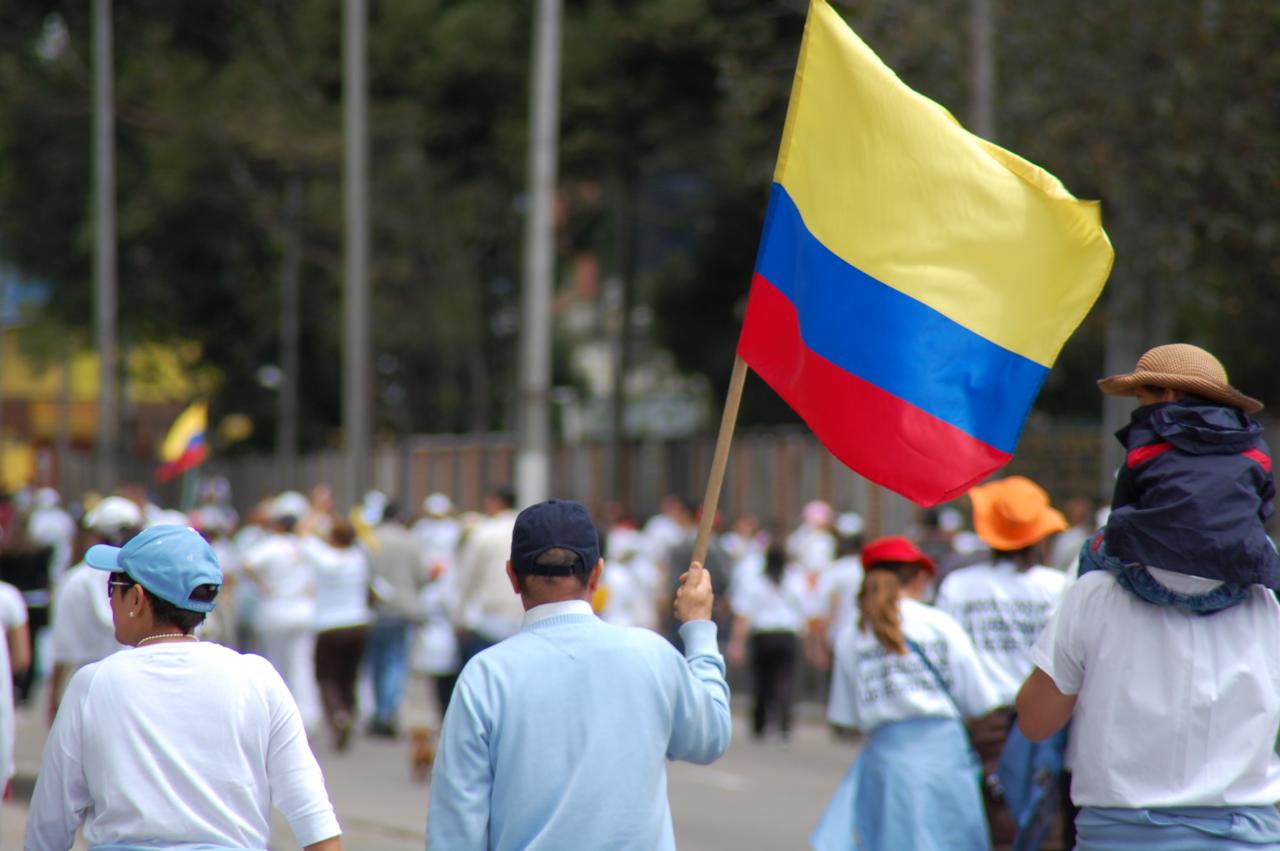

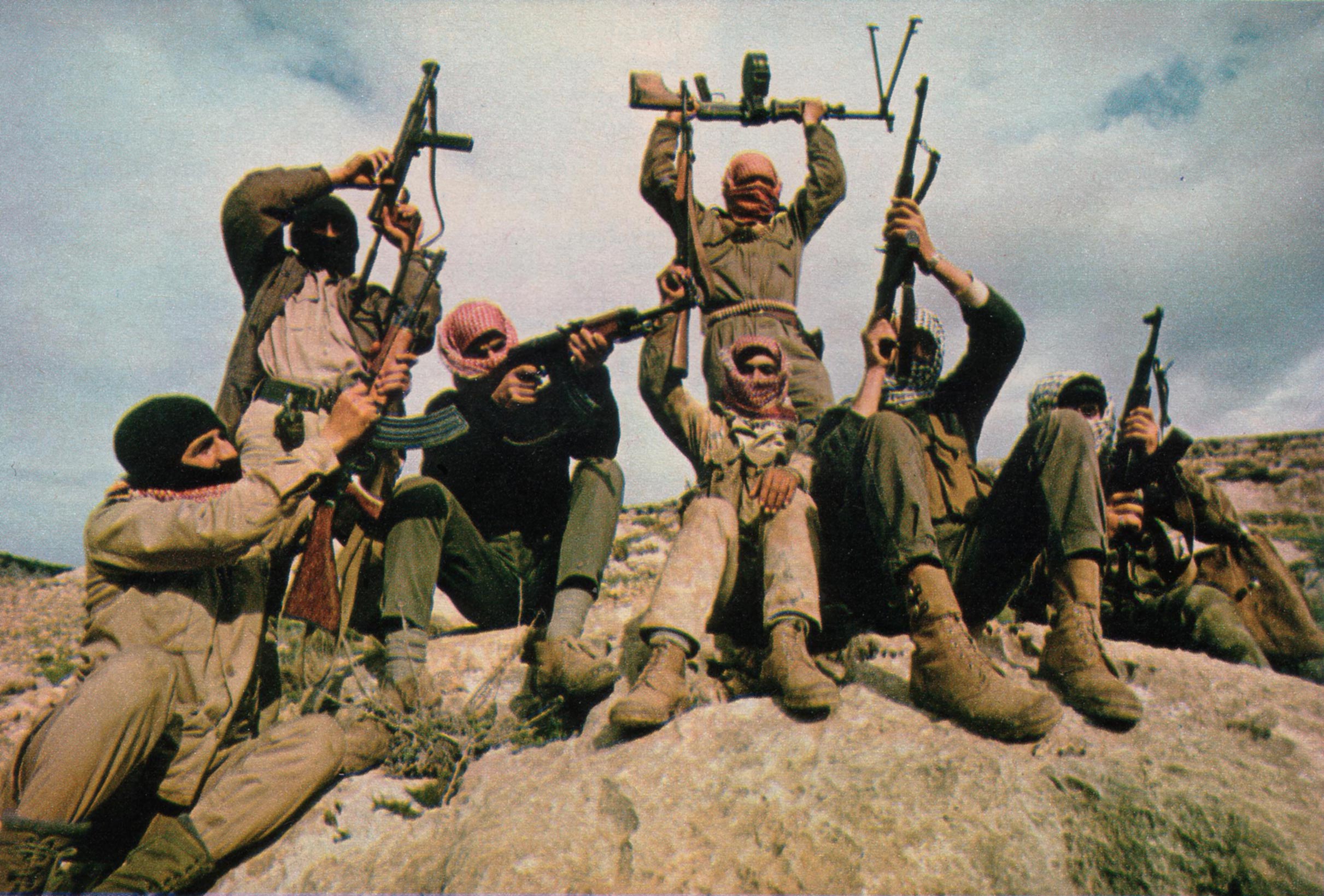
0 comments
Fortna’s proposal is an example of a potentially sound policy hindered by politics and history.
On the one hand, the idea to bring in peacekeepers is unpalatable and unlikely to be adopted because it strikes a deeply held emotional chord among Colombian policy-makers: one that could be termed the “we are not an African country” fiber. As Kaplan notes, despite the many failings of the Colombian state, it has a far stronger infrastructure than many of the other countries in other parts of the world which have experienced conflict and that have relied on peacekeeping forces. Colombian policymakers know it and feel strongly about it. (This is, among others, a reason why the International Criminal Court is know to be unlikely to act in Colombia.) Further, as you (Oliver) rightly note, the levels of violence have gone down in recent years, so in spite of the persistent human suffering in many affected areas, the perception that there is a real need for outside help in the form of troops, even if unarmed, just isn’t there. If anything, to invite them may give a semblance of military weakness on the part of the state, something the Colombian government doesn’t want or need to do.
In addition, it must be remembered that Colombia has a controversial history of third-party involvement in previous peace initiatives. The role of the UN delegate during the Caguán process left a bittersweet (more bitter than sweet) aftertaste among policymakers and scholars. In addition, the idea of bringing in peacekeepers has been tainted ever since the now infamous President Uribe himself suggested introducing “blue helmets” for humanitarian purposes back when he was elected in 2002. He was met with derisory reactions then, at height of his popularity, and so to suggest to do so now reeks of old-style Uribe tactics.
Further, the role of other organizations besides the UN in the peace and demobilization processes since the failed Caguán process, such as the OAS mission to verify the paramilitary demobilization and re-integration since 2004, was also subject to much controversy.
In sum, even if we could all agree that it might make sense to have peacekeepers in Colombia, it is most unlikely that policy makers would opt for it. For a Colombian political scientist like myself, it is very unsurprising that Fortna received skeptical looks while in Bogotá.